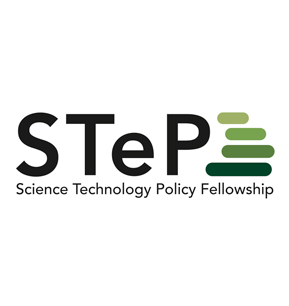STeP in Brazil
►Acerca de STeP
Step into our community and shape science for society!
Alice Ramos de Moraes
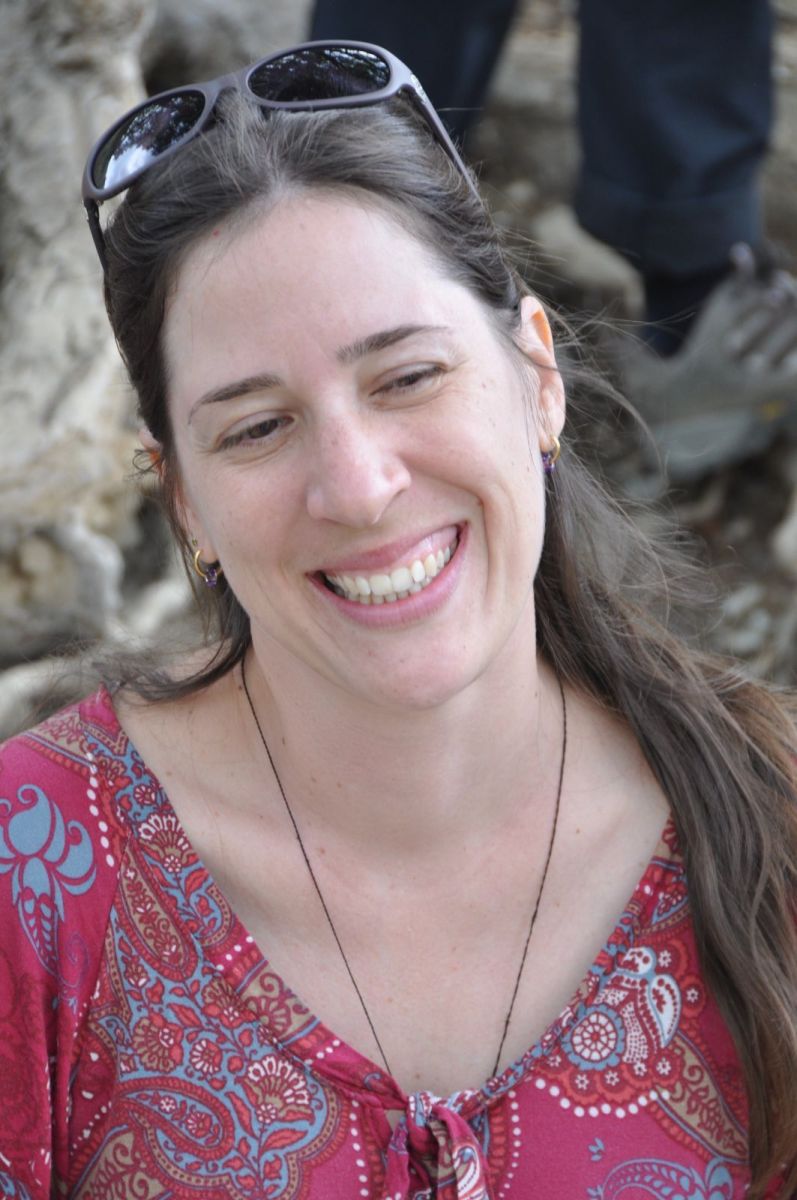 Biography: Alice is a 39-year-old Brazilian Biologist and holds a Master’s degree and a PhD in Ecology. She is currently an associate researcher at the Commons Conservation and Management Research Group (CGCommons), as part of the Ecosystem Ecology and Management Lab (LEME) – both at the University of Campinas (UNICAMP), Brazil. She is also a young fellow associated to the Coordination of the Brazilian Platform of Biodiversity and Ecosystem Services (BPBES) and a researcher associate to the Community Conservation Research Network (CCRN). Her research interests include a range of interdisciplinary topics such as ecosystem services, resilience of social-ecological systems, community-based conservation, education, ecosystem stewardship, social learning. She has also experience in teaching (8 years), consultancy and development of outreach projects, and training as a facilitator. She has had previous international training and is very fond of learning from and experiencing other cultures.
Biography: Alice is a 39-year-old Brazilian Biologist and holds a Master’s degree and a PhD in Ecology. She is currently an associate researcher at the Commons Conservation and Management Research Group (CGCommons), as part of the Ecosystem Ecology and Management Lab (LEME) – both at the University of Campinas (UNICAMP), Brazil. She is also a young fellow associated to the Coordination of the Brazilian Platform of Biodiversity and Ecosystem Services (BPBES) and a researcher associate to the Community Conservation Research Network (CCRN). Her research interests include a range of interdisciplinary topics such as ecosystem services, resilience of social-ecological systems, community-based conservation, education, ecosystem stewardship, social learning. She has also experience in teaching (8 years), consultancy and development of outreach projects, and training as a facilitator. She has had previous international training and is very fond of learning from and experiencing other cultures.
Andréa Nascimento de Araújo
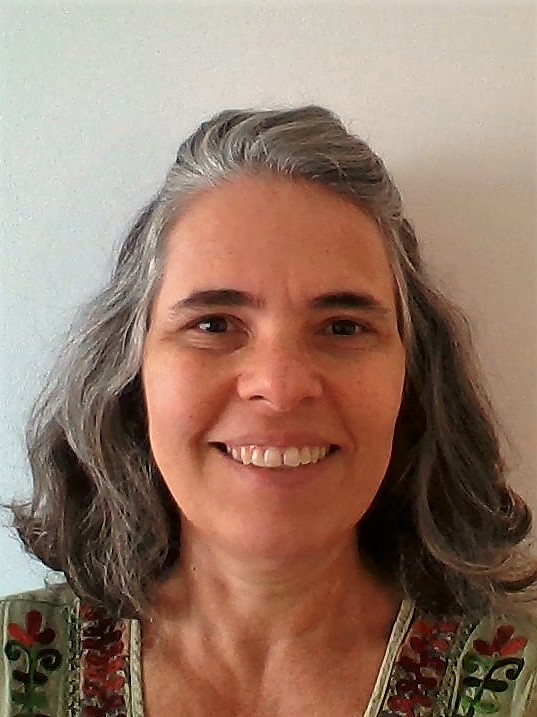 Biography: She is a Senior Analyst in Science and Technology at the Ministry of Science, Technology and Innovation, at the General Coordination of Climate Science and Sustainability, where she has worked as Coordinator of Global Environmental Change and followed the work of the Brazilian Network for Research on Global Climate Change and some international negotiation forums, such as the United Nations Framework Convention on Climate Change (UNFCCC) and the Intergovernmental Panel on Climate Change (IPCC). She has experience in Public Administration, working mainly on biotechnology and climate change policy issues. Currently, she is a PhD student at the Post-Graduate Course in Earth System Science at the National Institute of Space Research (INPE).
Biography: She is a Senior Analyst in Science and Technology at the Ministry of Science, Technology and Innovation, at the General Coordination of Climate Science and Sustainability, where she has worked as Coordinator of Global Environmental Change and followed the work of the Brazilian Network for Research on Global Climate Change and some international negotiation forums, such as the United Nations Framework Convention on Climate Change (UNFCCC) and the Intergovernmental Panel on Climate Change (IPCC). She has experience in Public Administration, working mainly on biotechnology and climate change policy issues. Currently, she is a PhD student at the Post-Graduate Course in Earth System Science at the National Institute of Space Research (INPE).
Danielly Godiva Santana Molleta
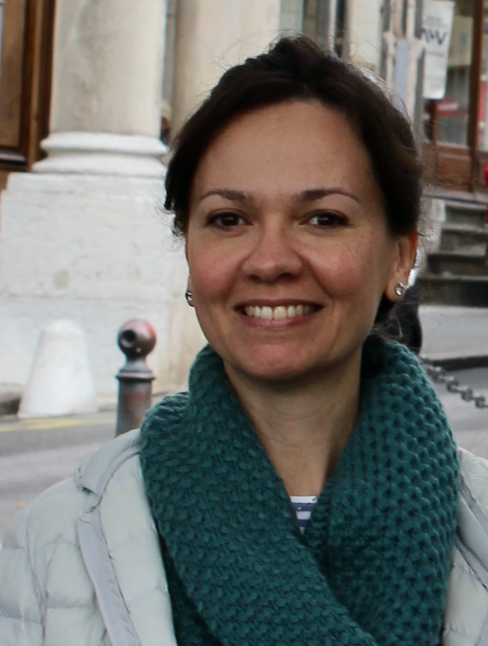 Biography: Danielly has a degree in Biological Sciences from the Universidade do Estado do Rio de Janeiro (UERJ) with a Master’s degree in Nuclear Biosciences (UERJ) and a PhD in Environmental Geochemistry, with an emphasis on Paleoenvironment, Paleoclimate and Global Change, from Universidade Federal Fluminense (UFF). She has been working for over 10 years with the themes of climate change, sustainability and public policies in the environmental area. Since 2012, she has been providing direct advice to the government, as supervisor, coordinator and manager of international cooperation projects with national execution, for the implementation and monitoring of the progress of public policies and plans for mitigation and adaptation to climate change. In addition, she supports the Brazilian government in fulfilling the transparency framework commitments of the UN Climate Convention (UNFCCC), as well as in the technical discussions of international climate negotiations.
Biography: Danielly has a degree in Biological Sciences from the Universidade do Estado do Rio de Janeiro (UERJ) with a Master’s degree in Nuclear Biosciences (UERJ) and a PhD in Environmental Geochemistry, with an emphasis on Paleoenvironment, Paleoclimate and Global Change, from Universidade Federal Fluminense (UFF). She has been working for over 10 years with the themes of climate change, sustainability and public policies in the environmental area. Since 2012, she has been providing direct advice to the government, as supervisor, coordinator and manager of international cooperation projects with national execution, for the implementation and monitoring of the progress of public policies and plans for mitigation and adaptation to climate change. In addition, she supports the Brazilian government in fulfilling the transparency framework commitments of the UN Climate Convention (UNFCCC), as well as in the technical discussions of international climate negotiations.
Diogo Victor Santos
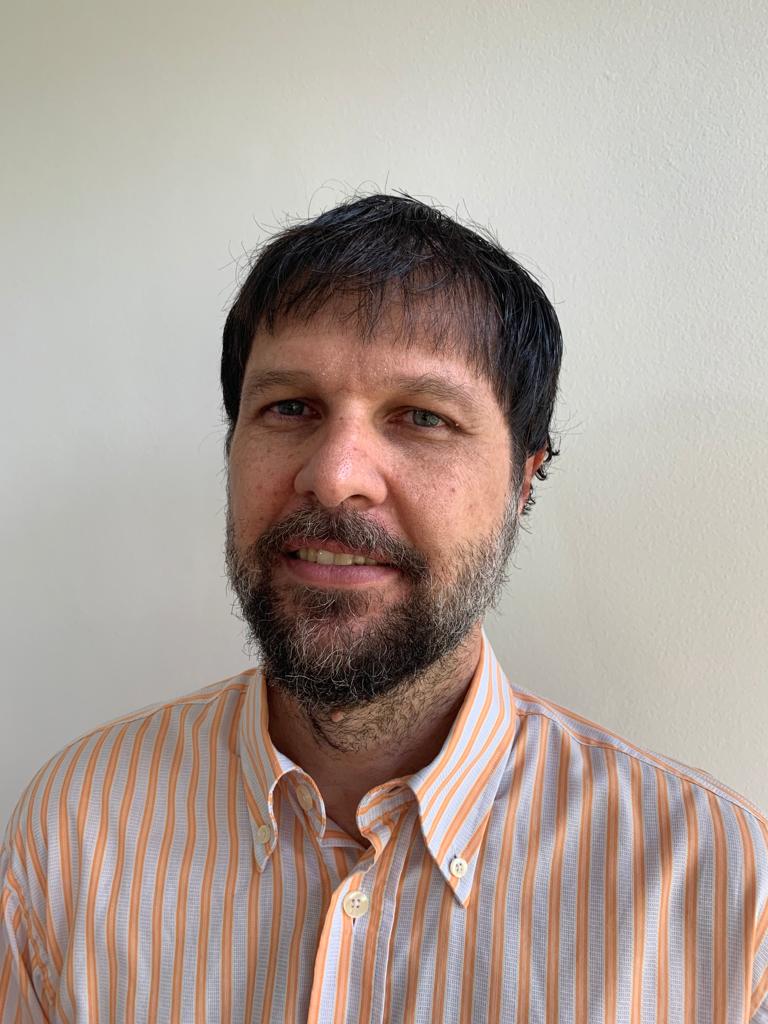 Biography: Graduated in industrial engineering from the Polytechnic School of the University of São Paulo (POLI/USP) and with a specialization in Environmental Law and Management from the Superior School Foundation of the Public Ministry of Mato Grosso (FESMP/MT). Having worked in different areas related to environmental issues, such as agrarian development, environmental licensing of infrastructure projects, cities, climate change, among others, currently holds the role of Supervisor of the Impacts, Vulnerability and Adaptation (IVA) component of the National Communication of Brazil to the UNFCCC, as well as Project Manager of the AdaptaBrasil MCTI platform, an information system on climate change impacts.
Biography: Graduated in industrial engineering from the Polytechnic School of the University of São Paulo (POLI/USP) and with a specialization in Environmental Law and Management from the Superior School Foundation of the Public Ministry of Mato Grosso (FESMP/MT). Having worked in different areas related to environmental issues, such as agrarian development, environmental licensing of infrastructure projects, cities, climate change, among others, currently holds the role of Supervisor of the Impacts, Vulnerability and Adaptation (IVA) component of the National Communication of Brazil to the UNFCCC, as well as Project Manager of the AdaptaBrasil MCTI platform, an information system on climate change impacts.
Fernanda De Oliveira Lana
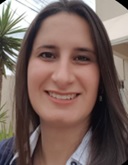 Biography: Biologist with expertise in Environmental Sciences, Ichthyology, Oceanography, Zooarchaeology, Paleoceanography, Fishery Resources, Environmental Management, Public Policy and Environmental Monitoring. Fernanda develops research and consultancy projects with partnership in several institutions, working in Ministry of Fisheries and Aquaculture (MPA/SEAP), FIPERJ (Rio de Janeiro State Institute of Fisheries Foundation), COPPE/ IVIG (UFRJ). Scientific Producer for the Mission Americas Series - National Geographic (FOX - NatGeo). Awarded the “Friend of the Navy” medal by the Brazilian Navy, and United Nations (UN) The Nippon Foundation Thematic Fellowship Program. Currently Technical Adviser of the National Action Plan (PAN Sharks) ICMBio; Analyst of the Chondrichthyes Evaluation Office of Brazil (IUCN) and Leader in Planetary Collaboration (nonprofit NGO – Swiss) on the community of knowledge for SDG 14 (Life Below Water). Member of the UN / DOALOS Pool of Experts of the Regular Process and Brazil's “National Focal Point” (UN / Brazil), acting on the Decade of the Ocean.
Biography: Biologist with expertise in Environmental Sciences, Ichthyology, Oceanography, Zooarchaeology, Paleoceanography, Fishery Resources, Environmental Management, Public Policy and Environmental Monitoring. Fernanda develops research and consultancy projects with partnership in several institutions, working in Ministry of Fisheries and Aquaculture (MPA/SEAP), FIPERJ (Rio de Janeiro State Institute of Fisheries Foundation), COPPE/ IVIG (UFRJ). Scientific Producer for the Mission Americas Series - National Geographic (FOX - NatGeo). Awarded the “Friend of the Navy” medal by the Brazilian Navy, and United Nations (UN) The Nippon Foundation Thematic Fellowship Program. Currently Technical Adviser of the National Action Plan (PAN Sharks) ICMBio; Analyst of the Chondrichthyes Evaluation Office of Brazil (IUCN) and Leader in Planetary Collaboration (nonprofit NGO – Swiss) on the community of knowledge for SDG 14 (Life Below Water). Member of the UN / DOALOS Pool of Experts of the Regular Process and Brazil's “National Focal Point” (UN / Brazil), acting on the Decade of the Ocean.
Gabriela Texeira Duarte
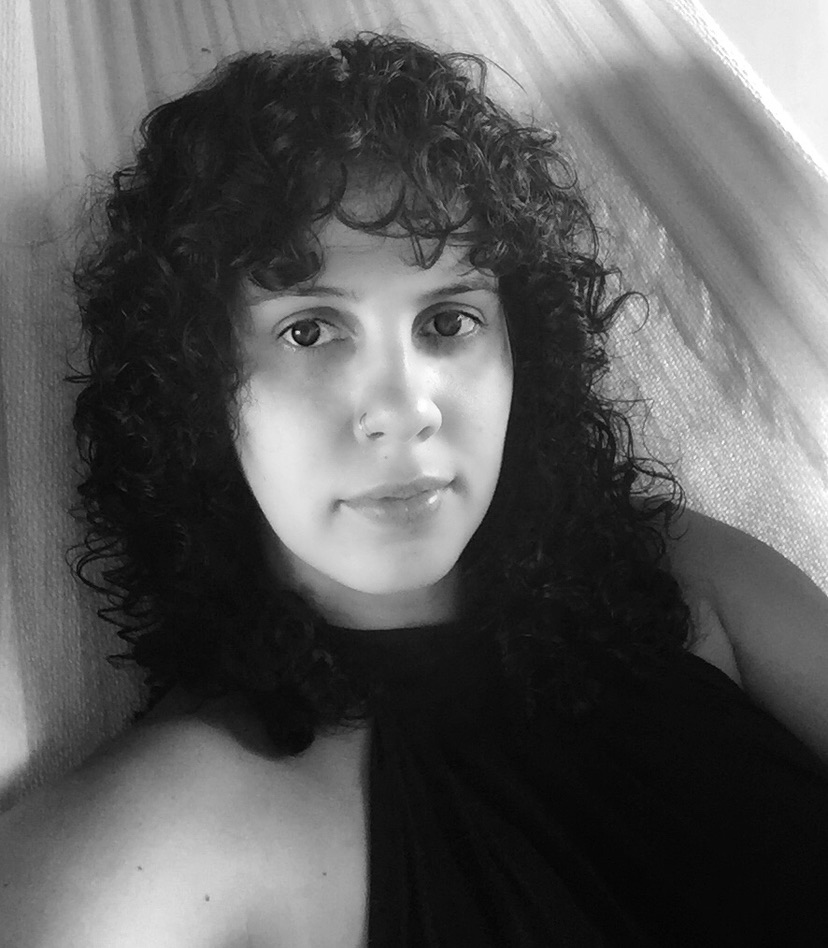 Biography: Gabriela is a biologist, with a PhD in Ecology and is a researcher at International Institute for Sustainability. She is a problem-oriented sustainability scientist, trained in conservation, landscape planning and environmental management from the Federal University of Minas Gerais. She strives to understand how people can transform social-ecological systems to be more sustainable, resilient and equitable. For this purpose, she does modelling and empirical research to improve the management and governance of social-ecological systems. She has a special interest in nature´s contribution to people, including economic and ecological mechanisms related to those benefits, nature-based solutions, ecosystem-based adaptation to climate change and landscape resilience.
Biography: Gabriela is a biologist, with a PhD in Ecology and is a researcher at International Institute for Sustainability. She is a problem-oriented sustainability scientist, trained in conservation, landscape planning and environmental management from the Federal University of Minas Gerais. She strives to understand how people can transform social-ecological systems to be more sustainable, resilient and equitable. For this purpose, she does modelling and empirical research to improve the management and governance of social-ecological systems. She has a special interest in nature´s contribution to people, including economic and ecological mechanisms related to those benefits, nature-based solutions, ecosystem-based adaptation to climate change and landscape resilience.
Larisse Faroni-Perez
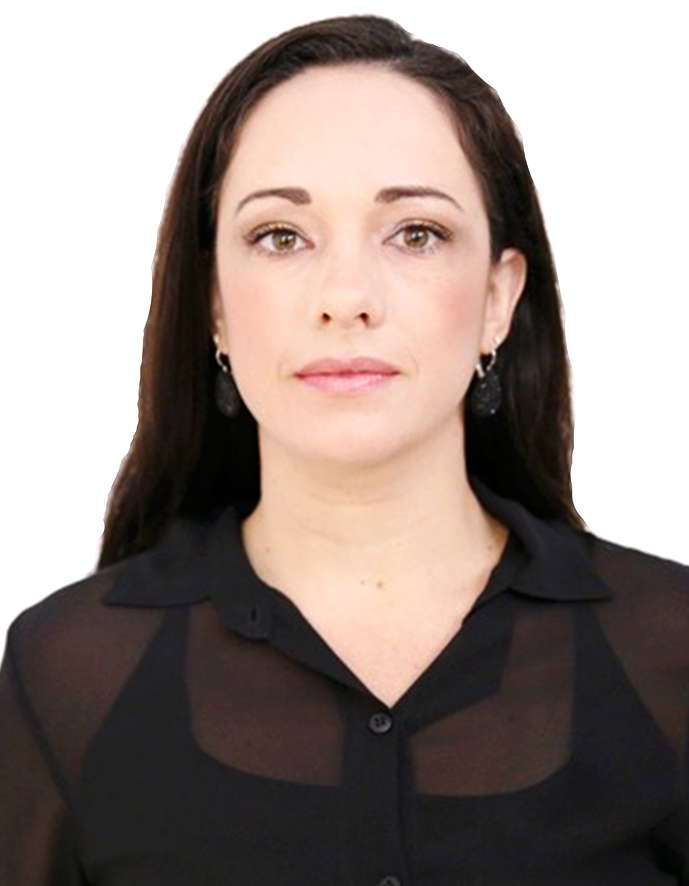 Biography: Larisse is committed to helping others and the planet with nature-based solutions to inspire people to find creative approaches and the interface between science and decision-making processes for a regenerative, equitable and sustainable future. She holds a BSc degree in Biology, Professional Degree in Environmental Sciences, MSc in Zoology, and a PhD degree in Ecology. She received a CNPq/MCTI (Brazil) Fellowship to study the impacts of climate change on reef-builders worms at MNHN Marine Station Lab (France), and a UNIFESP and Marinha do Brasil (Secretaria da Comissão Interministerial para os Recursos do Mar) Fellowship to study challenges in developing an Assessment on Brazilian Marine-Coastal Biodiversity and Ecosystem Services and including linkages of indigenous and traditional/local community knowledges to fill gaps and advance towards inclusive and potentially deliberative assessment processes.
Biography: Larisse is committed to helping others and the planet with nature-based solutions to inspire people to find creative approaches and the interface between science and decision-making processes for a regenerative, equitable and sustainable future. She holds a BSc degree in Biology, Professional Degree in Environmental Sciences, MSc in Zoology, and a PhD degree in Ecology. She received a CNPq/MCTI (Brazil) Fellowship to study the impacts of climate change on reef-builders worms at MNHN Marine Station Lab (France), and a UNIFESP and Marinha do Brasil (Secretaria da Comissão Interministerial para os Recursos do Mar) Fellowship to study challenges in developing an Assessment on Brazilian Marine-Coastal Biodiversity and Ecosystem Services and including linkages of indigenous and traditional/local community knowledges to fill gaps and advance towards inclusive and potentially deliberative assessment processes.

